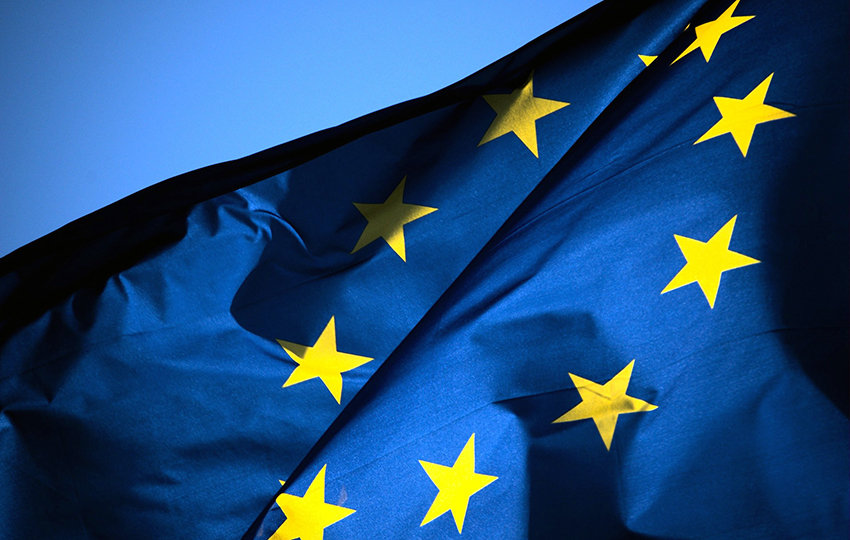
Youth Workers and Non Formal Education are the main drivers to promote lifelong learning processes. Such a processes ensures social and economic development of civilizations, providing the development of personal and social skills and therefore can play a key role in improving the employability and mobility, as well as on the recognition of competences gained from that frameworks.
The Conference “Conference on Networking among youth workers – road to greater recognition of youth work at EU level” took place at the European Parliament on 21st of January 2014. Conference was organized by the European Students’ Forum (AEGEE-Europe) with the support of Youth for Exchange and Understanding International hosted by MEP Marian Harkin.
The event gathered Laura Lopez-Bech from European Youth Forum, Udo Teichmann from SALTO-Training & Cooperation and Agata Patecka from SOLIDAR. With presence of International Youth Non-Governmental organizations, experts and individuals interested on the topics moderated by Luis Alvarado Martinez (President of AEGEE-Europe) to present the political agenda and work development of the European Qualifications Framework – Advisory Board and position of the European Youth Forum, Youthpass Study impact and the Youth Workers competences and presentation of 2 Good Practices implemented By Solidar. The last part of the Conference was dedicated for a consultation on a European Network for the Youth Work and recognition of competences. Youth for Exchange and Understanding counted on the presence of its Secretary General, Tamara Gojkovic, and the coordinator of the project Marko Paunovic. Finally, Madalena Sousa, Officer from AEGEE, presented the long term stategy and the need for a common database for youth workers in Europe.
It was emphasized the important role that this project can have on the recognition of competences of the youth workers covered by the certification provided however there are in general some gaps in the field that should also be addressed when stressing certificating youth work experiences such as: who, how and for what should be certifying competences? Youth workers or Volunteers? What quality assurance? What kind of recognition is needed? Which common strategies?. On the other hand was presented also the agenda of the Advisory Board of the EQF that also could be a way were we can present this project as an good practice and through the European Youth Forum we can collaborate on following the work development of this group. From the project “Building Learning Societies” was presented some results that emphasize the Majority of people take part in non-formal education and training activities and most of the undertaken education and training is job-related. To finalize the presentations panel was presented the project “Recognition of non-formal and informal competences of workers’ representatives” from which some recommendation were emphasized: Recognition of the value of non-professional youth work with a policy instrument and the Definition of key competences.
The event was used to kick off long-term project “Certification of the qualifications of youth workers in NGOs – road to greater recognition of youth work” which previews a creation of a tool able to certify the competences gained in the youth work and implementation of advocacy actions and initiatives dedicated to the recognition of the youth work and non-formal education. The project will be implemented in cooperation between YEU International (Administrative office in Faro, Portugal), AEGEE Europe (Belgium), Institute of Entrepreneurship Development (Greece), MODAVI (Italy) and Krakow University of Economics from Poland. The European Commission’s “Lifelong Learning Programme”, managed by National Agency of Portugal finances this 2-year project.
 This project has been funded with support from the European Commission.
This project has been funded with support from the European Commission.
This publication reflects the views only of the author, and the Commission cannot be held responsible for any use which may be made of the information contained therein.

